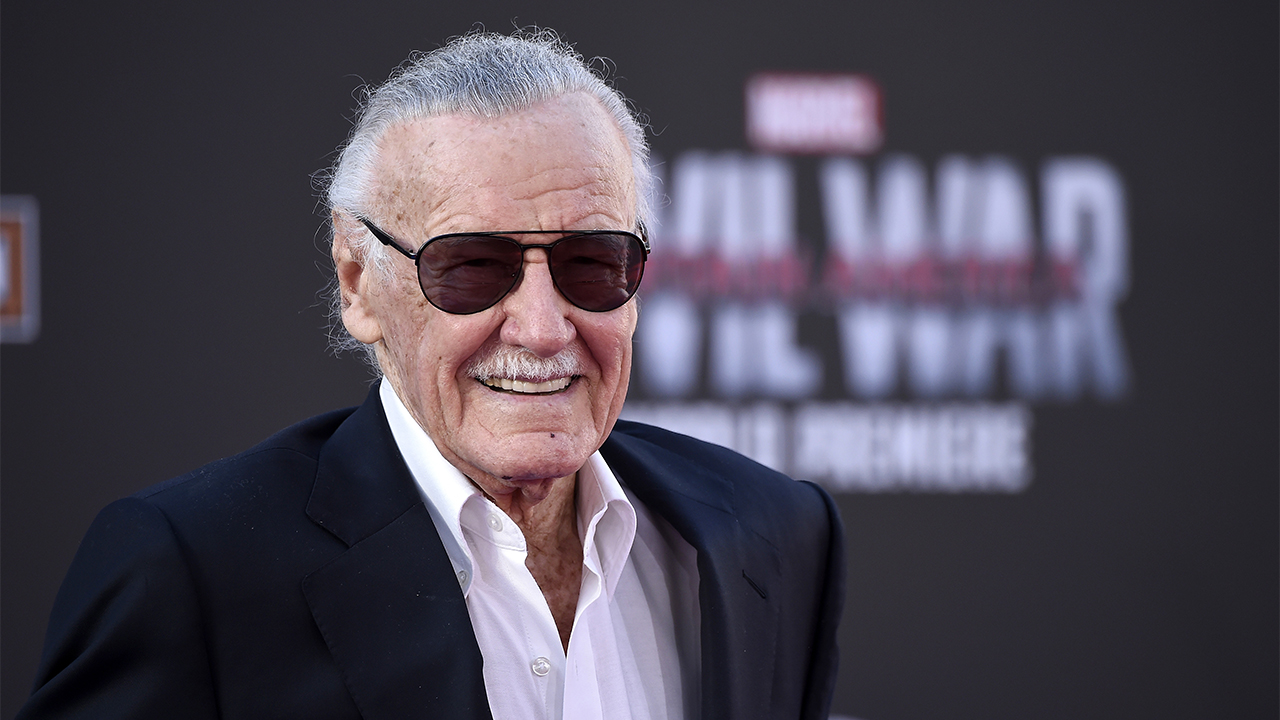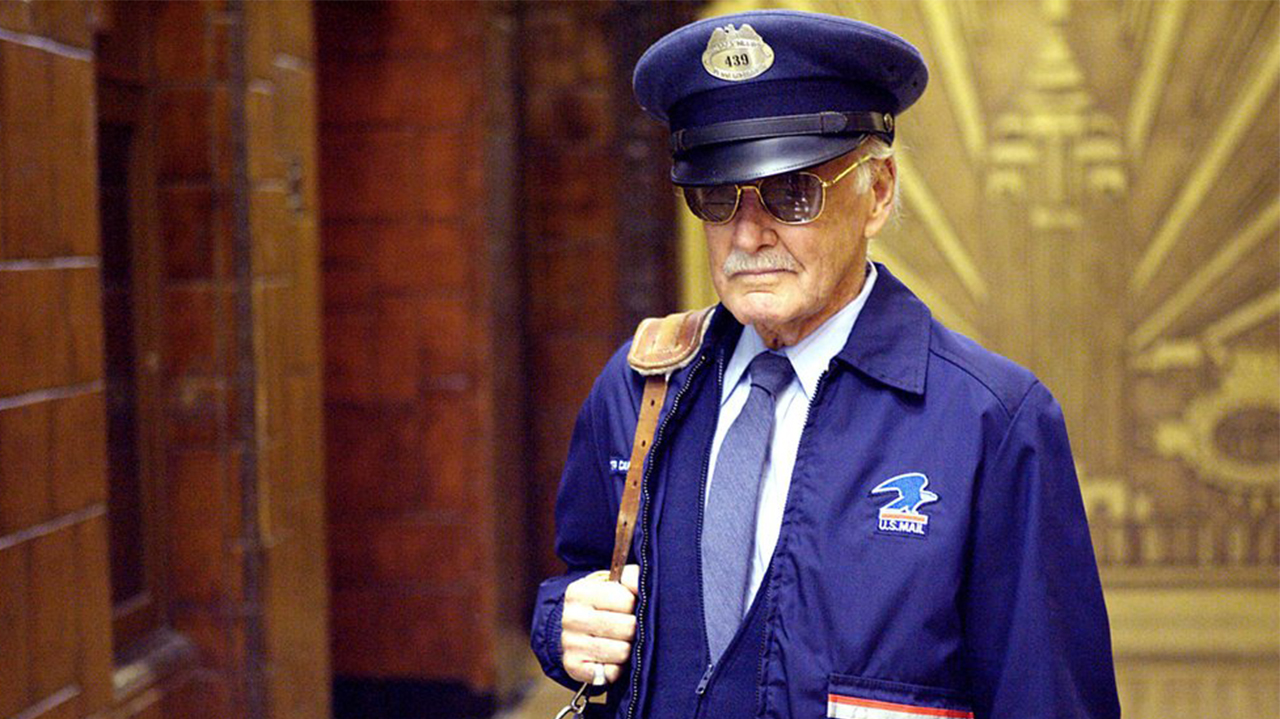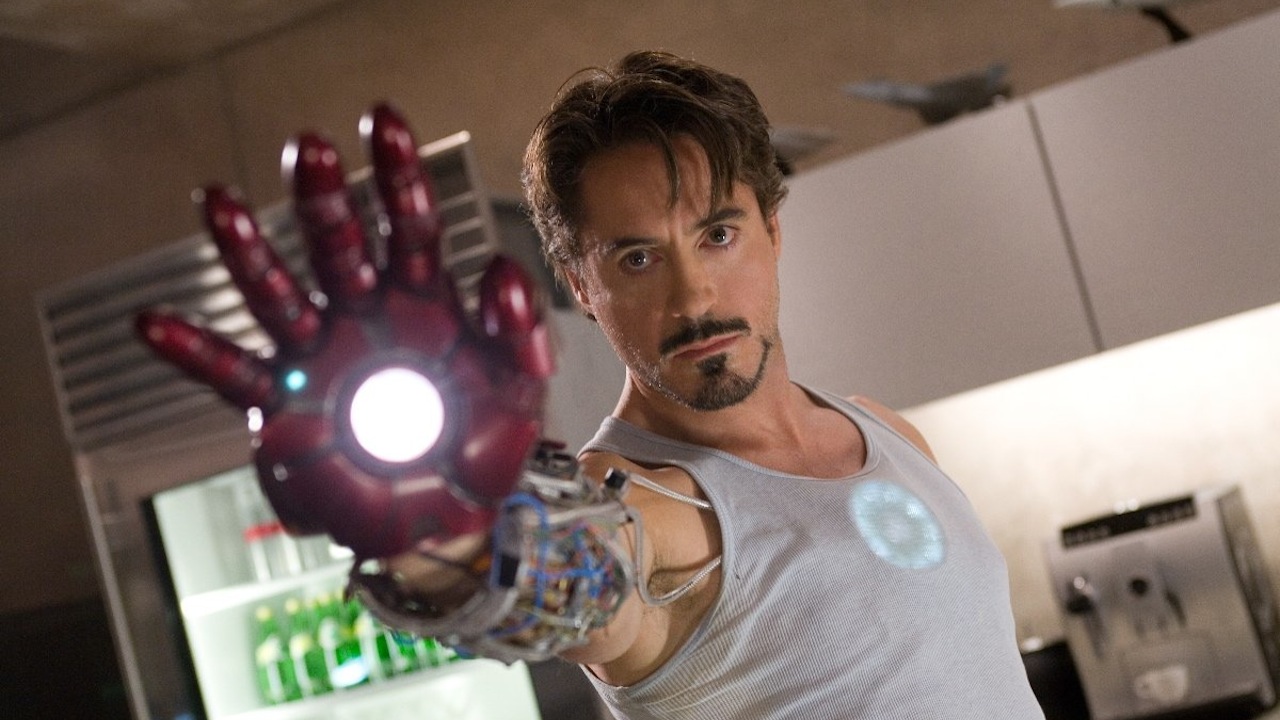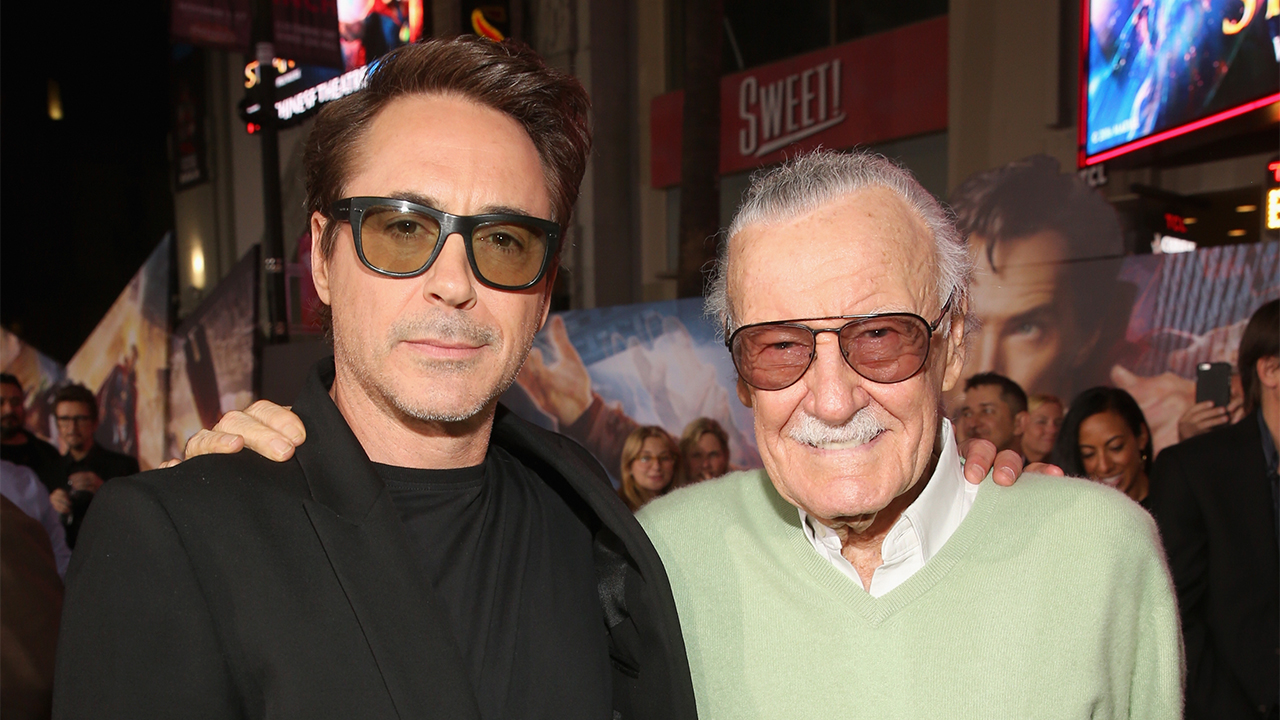Stan Lee's enduring legacy is that he made us all feel like we could be heroes
Stan the Man taught the world that with great power comes great responsibility

When I was a child, I tried to convince my parents to let me change my name to Stan. The reason was simple – every Marvel comic book at that time in the 1970s began with the immortal words “Stan Lee Presents”. As far as I was concerned, Stan Lee was Marvel Comics. Growing up in Hong Kong, American comic books were like gold – rare and precious. There were only a handful of places where you could find them, and I poured over every single issue I managed to get my hands on. My most prized possession was an early trade paperback containing reprints of The Amazing Spider-Man issues #7 to #13 that I still have now, forty years later.
I regard those classic Spider-Man stories as exemplifying everything I love about a good superhero story and Lee’s writing. There’s action, of course, but there’s humour and pathos aplenty. No one, to my mind, has ever made those characters live and breathe on page or screen better than Stan Lee. There’s a moment in The Amazing Spider-Man #10 when Spidey’s tormentor J. Jonah Jameson, standing alone and lit in dramatic shadows, confesses aloud that his newspaper campaign against the webslinger is motivated by a profound sense of jealousy because people love Spider-Man and no-one loves him. Other interpretations of Jameson have transformed the character into a comical blowhard, but in those early stories he had hidden depths that only Lee could fathom. And watching Peter Parker struggling with the school bully Flash Thompson made Spider-Man so much more relatable than an all-powerful alien from another world or a billionaire dressed as bat.

One of Lee’s great knacks as a writer was giving his heroes a defining flaw – The Incredible Hulk was an object of fear, hounded by the US army at every turn. Iron Man had a bad heart that only continued to beat while his armour had power, and should the Mighty Thor lose his enchanted hammer for more than sixty seconds, he’d be rudely transformed back into the frail form of Dr Donald Blake. The Uncanny X-Men were shunned by the very people they fought to protect and then there’s the first family of comics, the Fantastic Four. Lee and Jack Kirby’s creation brought Marvel back to superhero comics after a long run of science fiction and fantasy titles and, unlike the majestic and eternally poised Justice League over at DC, the FF squabbled constantly. The Thing might have been able to punch through a tank, but he longed to be human again and covered his vulnerability by swapping barbs with the Human Torch. Everyone makes fun of Reed Richards for being a smarty-pants, even as the Invisible Girl would start sulking if no one noticed her new hairstyle. Sure, Lee wasn’t an ace when it came to writing strong women – it would be John Byrne who realised the potential of the Invisible Woman in the 1980s – but his heroes were kept down to earth by their foibles even when they were exploring the Negative Zone.

The best Marvel movies, ranked
One of the secrets to the success of the Marvel Cinematic Universe, which has so effectively dominated the box office of the last decade and transformed the landscape of the film industry in the process, has been the decision to keep the flaws in the heroes. Robert Downey Jr.’s Tony Stark is ruled by his pride, the Hulk is regarded as a walking timebomb of destruction, and while the movie version of the Mighty Thor might not be burdened with a mortal alter ego, the whole premise of Thor’s first cinematic adventure is that his father strips him of his powers for picking fights with the Frost Giants.
Another key ingredient in Lee’s success was the way he established himself as one of the icons of Marvel, alongside the superheroes themselves. Lee was the perfect choice as the narrator of Spider-Man and His Amazing Friends and suddenly every fan felt a little closer to their idol now that his voice was in our homes. Similarly, the new Marvel movies just won’t be the same without his cameos. His popularity helped to hide the questions of authorship of the characters themselves and there’s been a steadily growing debate over how much credit deserves to rest with Lee as opposed to the artists Jack Kirby and Steve Ditko who drew those seminal comics. It could be argued that Lee never managed to create another classic hero without Kirby and Ditko but it was Lee who gave them voice. His dialogue was nothing if not verbose, particularly the faux-Shakespearean language of Thor and the denizens of Asgard, but it was loaded with portent and romance. And with Spider-Man, he created the blueprint for the wisecracking costumed adventurer without which we might never have had Deadpool.

Lee was the son of Jewish immigrants from Romania and a sense of social justice permeates his work. With Kirby he co-created the first black superhero, Black Panther, and his 1968 Stan’s Soapbox editorial on bigotry and racism – which he called “insidious evils” - feels as relevant now as it was then. Yes, there’s plenty to criticise in the early appearances of the Black Panther, which can feel patronising, but it was still a ground-breaking move. The entire plot of Sgt. Fury and His Howling Commandos #6 is about a virulently racist soldier learning the error of his ways, published in March 1964, just months before the Civil Rights Act became law during the height of the Civil Rights Movement. At the same time, over at DC, Superman was having one goofy adventure after another in stories untouched by contemporary concerns. The enormous box office success of 2018’s Black Panther movie feels like a vindication of Lee’s beliefs.
The world feels like it’s lost some of its sparkle now that Lee has left us, but his legacy rivals any writer of the Twentieth Century in terms of its impact and profile in popular culture. He was the first person who made me think, ‘That’s who I want to be when I grow up.’ Perhaps what underpins all his work is the idea that anyone – a shy, bullied teenager from Forrest Hills, New York, a Wakandan Prince, or even a gamma radiated man-monster – held the potential for heroism. And if they could be heroes, couldn’t we all?
Get sneak previews, exclusive competitions and details of special events each month!


